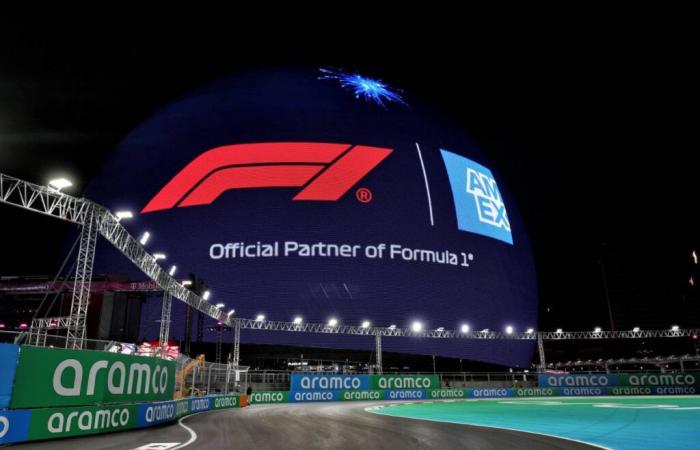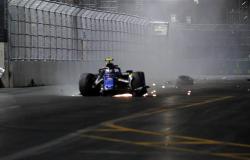
Europe, the birthplace of Formula 1, could soon lose its central role in the championship calendar.
Faced with growing global demand, European historic circuits risk being relegated to a biennial alternation or even disappearing completely. A situation which raises concerns among fans of tradition in this rapidly changing sport.
Michel Boeri, president of the Automobile Club of Monaco, recently spoke about the uncertain future of European Grands Prix in an interview with Monaco Info. According to him, the international expansion orchestrated by Liberty Media, owner of F1, now favors emerging markets to the detriment of historic circuits.
“With current demand, I believe there will only be two or three Grands Prix left in Europe in the future.”
he says.
Stefano Domenicali, CEO of Formula 1, also hinted that a new alternation system could be introduced. This reform would mean that certain European circuits would no longer appear every year, but only once every two years. A transformation which could concern emblematic places like Spa-Francorchamps, Silverstone or Monza.
Monaco saves its place, but at what cost?
Despite this upheaval, the Monaco Grand Prix has secured its annual place until 2031 thanks to a renewed contract. But this privilege comes at a cost. Negotiations with Liberty Media were particularly tense, and Monaco had to accept a significant increase in organizational rights from 2026.
Boeri describes complex discussions, marked by months of intense exchanges: “Finalizing this deal, with a 60-70 page contract written by American lawyers, was a battle.”
Monaco nevertheless benefits from its unique image. Between glamor and prestigious heritage, the Monaco circuit is inseparable from the identity of Formula 1, an advantage that few circuits can claim.
New markets: a threat to European heritage
As races multiply in the Middle East, Asia and the United States, Formula 1 is moving towards a global audience. Recent additions to the F1 calendar, such as the Grands Prix in Saudi Arabia, Qatar and Las Vegas, are testament to this strategy. These destinations offer astronomical organizing rights, often out of reach for European tours.
This economic dynamic could lead to the gradual disappearance of historical events, to the great dismay of purists. European circuits embody a tradition and a history that has shaped the very essence of F1. However, financial logic now seems to take precedence over this heritage.
The future of European circuits on borrowed time
While Monaco preserves its status, legendary circuits like Spa or Silverstone could be relegated to a sporadic presence on the calendar.
If this development guarantees international growth for F1, it also risks making this sport lose part of its soul. The balance between tradition and modernity remains a major challenge for the years to come.





